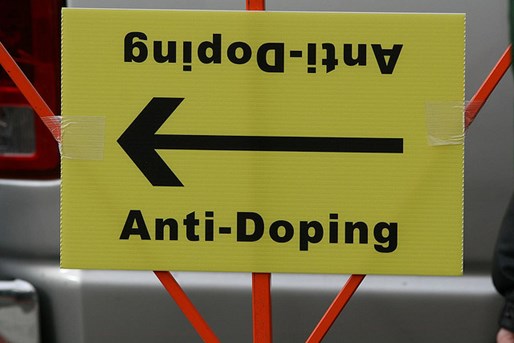Play the Game 2013: Discussing the future of anti-doping

Photo: Richard Masoner/Flickr
17.10.2013
In November, the World Anti-Doping Agency (WADA) is expected to pass a revised World Anti-Doping Code determining the way the anti-doping work will be led in the coming years - including harder sanctions for severe doping offences.
Scandals revealed within the past few years have proved that even the introduction of the biological passport, the ‘whereabouts’ system and other means in the anti-doping work have not been able to solve the problem alone.
At the end of the day, some athletes still seem to find new ways of evading the doping authorities by the use of more sophisticated performance enhancing substances and methods.
A testing system in crisis?
Critics of the current system are questioning its efficiency and the heavy burden it imposes of the athletes, and the Lance Armstrong case has sparked the debate about the need for new methods such as the use of police intelligence in the fight against doping.
In the first plenary session at Play the Game 2013, former WADA President Richard W. Pound, Frédéric Donzé, Director of WADA’s European office, and William Bock, general counsel at the US Anti-Doping Agency (USADA) and in charge of the Lance Armstrong case will discuss the current anti-doping strategies together with the critics of the present system.
Professor Perikles Simon will discuss some of the loopholes in the current system from a scientific point of view, while the human aspect of the testing system will be analysed by Walter Palmer from UNI Global Union, who will look into the level of how much anti-doping authorities can interfere in athletes’ lives without being at odds with their human rights.
The national authorities, who are managing the testing on a daily basis, will be represented by Herman Ram, Director of Anti-Doping Authority the Netherlands who will talk about the practical challenges of conducting the anti-doping work.
The anti-doping debates will run on Monday and Tuesday during the conference.





